Search Results
Showing results 41 to 55 of 55
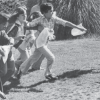
Population Game
Source Institutions
In this outdoor game, learners simulate a herd of deer trying to survive in an area called the "home range." Learners explore the concept of "carrying capacity"—what size population of an organism can

Terrestrial Hi-Lo Hunt
Source Institutions
In this outdoor activity, learners search for the warmest and coolest, windiest and calmest, wettest and driest, and brightest and darkest spots in an area.
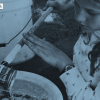
Can Fishing
Source Institutions
In this outdoor activity, learners go "can fishing" and discover the kinds of aquatic organisms that live in and on submerged cans.

OBIS Oil Spill
Source Institutions
In this outdoor activity, learners simulate an oil spill using popcorn (both oil and popcorn float on water), and estimate the spill's impact on the environment.

Cool It
Source Institutions
In this outdoor activity/game, learners use thermometers to simulate how lizards survive in habitats with extreme temperatures.
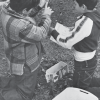
Litter Critters
Source Institutions
In this outdoor activity, learners use a "litter-critter" wheel to help them identify different animals they find living in a natural litter habitat.
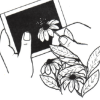
Flower Powder
Source Institutions
In this outdoor activity, learners use artificial bees and paper models of flowers to find out how bees transfer pollen from one flower to another.

Scram or Freeze
Source Institutions
In this outdoor activity and animal-role-play game, learners discover and uncover the hidden world of "cryptozoa"—organisms such as spiders, salamanders and slugs that live under objects, like rocks a

Observing Earthworm Locomotion
Source Institutions
In this activity, learners collect worms and then observe how they move.
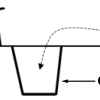
Hunting Minibeasts
Source Institutions
In this activity (p.6-10 of PDF), learners use different methods for hunting minibeasts (bugs). Learners can either make traps or simply look for minibeasts under stones and logs.

Wolf Survival
Source Institutions
In this activity, some learners pretend to be wolves, while the other learners pretend to be the prey of the wolf. The goal of the simulation is to have the wolves work together to survive.
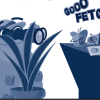
Race for Survival
Source Institutions
During this interactive "survival" game, students learn about the importance of camouflage and how it helps animals to blend into their surroundings, as either predator or prey.
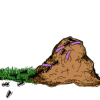
ANTacid: Indicator Paper on an Anthill
Source Institutions
In this activity, learners make acid/base indicator paper, place the indicator paper on an anthill, disturb a bunch of ants, and then observe what happens!
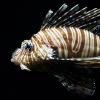
Fishy Observations
Source Institutions
In this activity (page 1 of the PDF under SciGirls Activity: Rabbits), learners will visit a zoo, aquarium, or pet store to view a variety of fish.
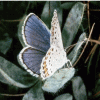
Lupine and Butterflies
Source Institutions
In this two-part activity about the connection between the lupine plant and butterflies, learners first read "Miss Rumphius," a storybook about lupine by Barbara Cooney.
